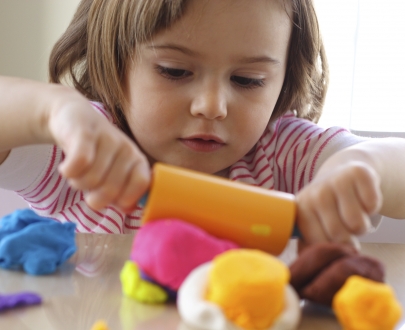2131
 Einstein once said, “imagination is more important than knowledge,” and researchers are starting to agree. It turns out that creativity, or imagination, creates opportunities for insight[1] and allows people to look at problems differently…. more creatively, you might say.
Einstein once said, “imagination is more important than knowledge,” and researchers are starting to agree. It turns out that creativity, or imagination, creates opportunities for insight[1] and allows people to look at problems differently…. more creatively, you might say. Interestingly, Nobel Laureate scientists are more likely to be involved in the arts than their less eminent colleagues. Are Nobel Laureates smarter or more highly trained than other scientists? Maybe, but their creativity and artistic pursuits may also help them to think about scientific questions in different ways, allowing new inventions or ideas to be born.
Creativity helps everyday people solve everyday problems too, as creative people bring this creativity to every problem. So if creativity is actually important, how do we teach our children creativity? Through play!
Pretend play, which involves fantasy and make-believe, is recognized as the type of play most important in developing creativity[2], though every type of play involves a little magic. Who knew fairy princesses and dragons were actually helpful after all! Fantasy play has also been linked to children having a greater variety of coping strategies and decreased anxiety.
Being creative helps children solve problems but it also helps them ‘make believe’ themselves out of stressful or scary situations, as unfortunately not every moment can be filled with happiness, and sometime the princess has to slay the dragon. So creativity, and its benefits, are yet another reason to encourage our children to play more.